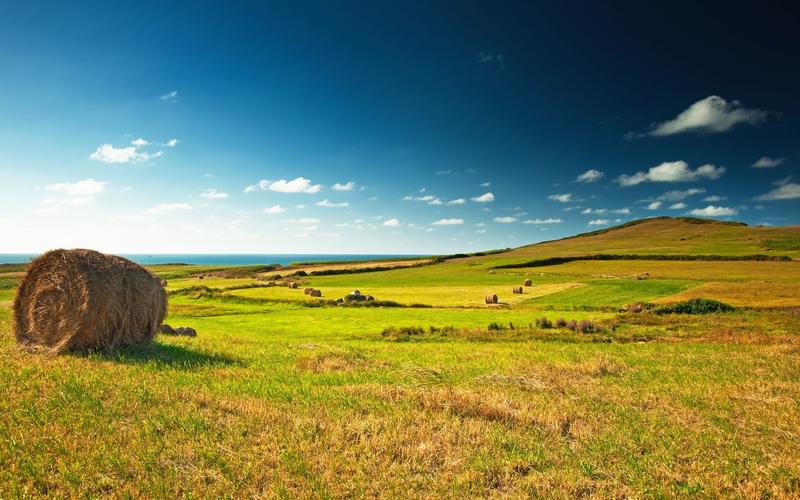Although the Netherlands is small, it is a well-known agricultural power in Europe. But the Netherlands received this title not so much because of the scale of agricultural production, but rather because of the high level of agricultural technology.
What is the level of agricultural technology in the Netherlands? You may be startled when it comes to speaking. Here, advanced greenhouse planting technology can yield tomatoes up to over 30 kilograms per square meter; With the help of various intelligent devices, a dairy farmer can milk 100 cows; Managing a 20 hectare flower field requires only 3 long-term workers and 3 short-term workers hired during busy farming hours.
The reporter once visited a dairy farm in Lansingeland, the western city of the Netherlands. One wall of the cowshed was a glass wall, through which he could see what was happening in the cowshed. As a robot the size of a vacuum cleaner slowly drove through the cowshed, all the cow dung disappeared. There is another flower farm, which looks like a complete factory. Batches of potted plants are transported by machines to conveyor belts, and workers stand in front of the assembly line to label them and clean up dead branches. There is also an agricultural greenhouse, equipped with transparent air ducts containing purified carbon dioxide emissions from nearby factories, which can make crops grow faster. Some Dutch farmers also transport the heat generated by the Incineration to the greenhouse through pipes, which saves both energy and cost.
The high level of agricultural technology in the Netherlands is not only reflected in the equipment and facilities on the surface, but also in the technical details that outsiders cannot see. For example, in order to avoid agricultural pests or pollution, some crops will be planted in biomass soil instead of ordinary soil. To improve tomato yield, experiments will be conducted to compare the different effects of top light, middle light, and bottom light in greenhouses on yield. For example, coconut shells, which are often treated as garbage in many places, have transformed into soil layers in the Netherlands, which are clean and organic while also increasing production.
Farming requires irrigation. The Netherlands is not short of water, but attaches great importance to water conservation and widely uses drip irrigation systems. This not only benefits the protection of the ecological environment, but also keeps the dry and humidity of farmland at a stable and standardized level, reducing production costs and increasing crop yields. In addition, the Netherlands also attaches great importance to the recycling of Farm water, and uses the method of adding nutrients to water to increase crop yield.
In terms of preventing Soil contamination and avoiding excessive use of pesticides and fertilizers, the Netherlands has also repeatedly introduced important measures. In fact, half a century ago, Dutch farmers did not realize the seriousness of Agricultural pollution. Instead, they focused on production and used a lot of pesticides. Intensive meat and poultry breeding also caused environmental pollution from animal manure. Later, with the progress of technology and the improvement of environmental awareness, Agricultural pollution was controlled through a series of relevant legislation.
The realization of the Dutch agricultural power has gone through more than a century and three different stages: firstly, the stage of agricultural modernization and continuous increase in productivity; Secondly, with the increasing awareness of environmental protection in society, while ensuring high production, the government has gradually restricted agricultural production pollution, standardized labor and animal rights, and ensured a series of deep-seated issues such as food safety; Today, the Dutch society not only wants a high-yield and environment-friendly agriculture, but also wants to protect the beautiful countryside. The combination of traditional agriculture, landscape, leisure and entertainment industries is becoming increasingly close.


没有reply内容